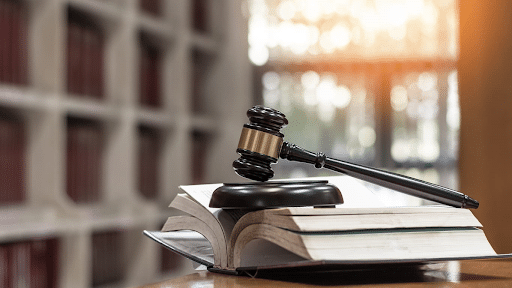Civil Lawsuits Are About Liability, Not Guilt or Innocence

When the topic of court comes up, the tendency is to think about criminal cases in which defendants face prosecutors tasked with proving guilt. We are quick to remember that criminal defendants are considered innocent until proven guilty. But none of this applies in civil court. In civil court, it is not about guilt or innocence. It’s about liability.
The Cambridge dictionary defines ‘liability’ as “the fact that someone is legally responsible for something.” But there is a second meaning in the civil litigation arena: liability implies a legal responsibility to ‘make up for’ or ‘make good on’ one’s actions. That is why so many civil cases involve monetary awards.
A Dispute Between Landlord and Tenant
Liability is easily illustrated in a typical dispute between landlord and tenant. Imagine a landlord who goes in to inspect a unit the same day a tenant has vacated. He finds that the unit has been damaged beyond what is considered reasonable wear and tear. As a result, the landlord refuses to refund the tenant’s security deposit. In addition, he decides to sue the tenant to recover additional funds necessary to make repairs.
The landlord will assert in court that the tenant is liable for the damage. He will assert that the liability is both a recognition that the tenant actually caused the damage and has a financial obligation to pay for it.
Technically, the landlord could choose to have the tenant charged with vandalism, criminal mischief, or some other misdemeanor – if he had a strong enough case to prove that the damage was directly caused by the tenant. But even if the tenant were found guilty, nothing in the law would compel them to make financial restitution. Civil court is the only place the landlord can seek monetary compensation.
Liability Can Be Less Direct
Liability in a landlord-tenant situation is fairly straightforward and direct. But liability can be significantly less direct. Take a personal injury suit following a slip-and-fall accident. The injured person could sue the property owner, claiming that some sort of negligence by him led to the accident.
Such a case lays responsibility for the accident and subsequent injury at the feet of the property owner. If the court determines the property owner failed to take measures that could have prevented the accident, then the property owner is liable.
How Liability Is Enforced
An interesting thing about civil litigation is how outcomes are enforced. Civil courts do not reach guilty or innocent verdicts. All they do is establish liability or the lack thereof. When a party is found liable, the court enters a judgment against that party. The judgment can include a monetary award.
After the fact, enforcement is a matter of collecting the money. Courts generally don’t intervene. Case winners, known as judgment creditors, have the sole responsibility to collect from the losers, also known as judgment debtors.
A judgment creditor might attempt to collect the monetary award on his own. There are other options to consider, though. A creditor could turn collection over to his attorney or hire a specialized collection agency like Salt Lake City’s Judgment Collectors.
A Different Matter Altogether
It should be clear from this description of liability that civil court is a completely different matter from criminal court. Guilt or innocence is the outcome in criminal court. Liability or the lack thereof is the outcome in civil court.
If you are ever charged with a crime, you will wind up in criminal court. Civil court will be the destination if someone ever sues you. The differences are significant.





